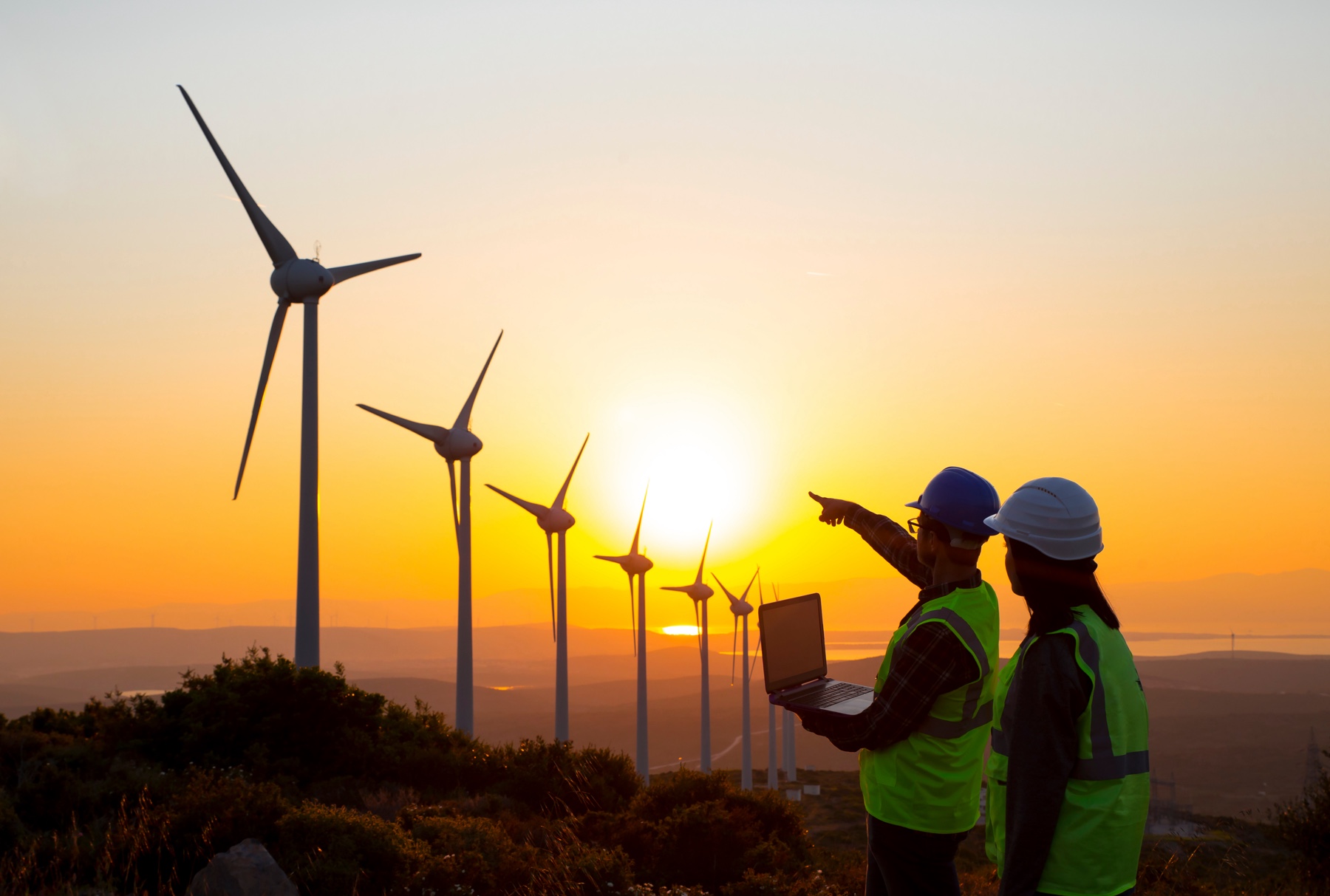Daniel C Aiken
Developing a cost effective microbial electrolysis cell (MEC).
- Developing a cost effective microbial electrolysis cell (MEC)
- Email: [email protected]
Supervisors
- Prof Tom Curtis
- Dr Elizabeth Heidrich
- Dr Jan Dolfing
- Chris Jones
Project description
Climate change is a global threat. A partial solution is to develop new cost-effective technology that can reduce energy expenditure. Microbial electrolysis cells (MEC) are a potential, sustainable solution to wastewater treatment. They reduce energy costs. They can produce hydrogen gas, which we can use as a sustainable fuel source. But MECs are currently expensive.
In this project, we costed and optimised the design for a cost-effective MEC. This could compete against conventional technologies.
To achieve this, the project involves:
- a financial appraisal of the technology against conventional treatment
- empirical observation of biofilm activity under controlled but realistic conditions
- the creation of a CFD-biofilm model adapted from OpenFOAM architecture
- the development of algorithms to map the numerical model to empirical observations
- extrapolation of design parameters to find the most cost-effective solutions
The final results will provide important advice to my sponsor company. It will also guide other academics in their research activity.
Publications
- Aiken DC, Curtis TP, Heidrich ES. Avenues to the financial viability of microbial electrolysis cells [MEC] for domestic wastewater treatment and hydrogen production. In: International Journal of Hydrogen Energy 2019, 44(5), 2426-2434.
Interests
Automated design and optimisation.
Qualifications
- MEng Civil Engineering 1st Class Hons
